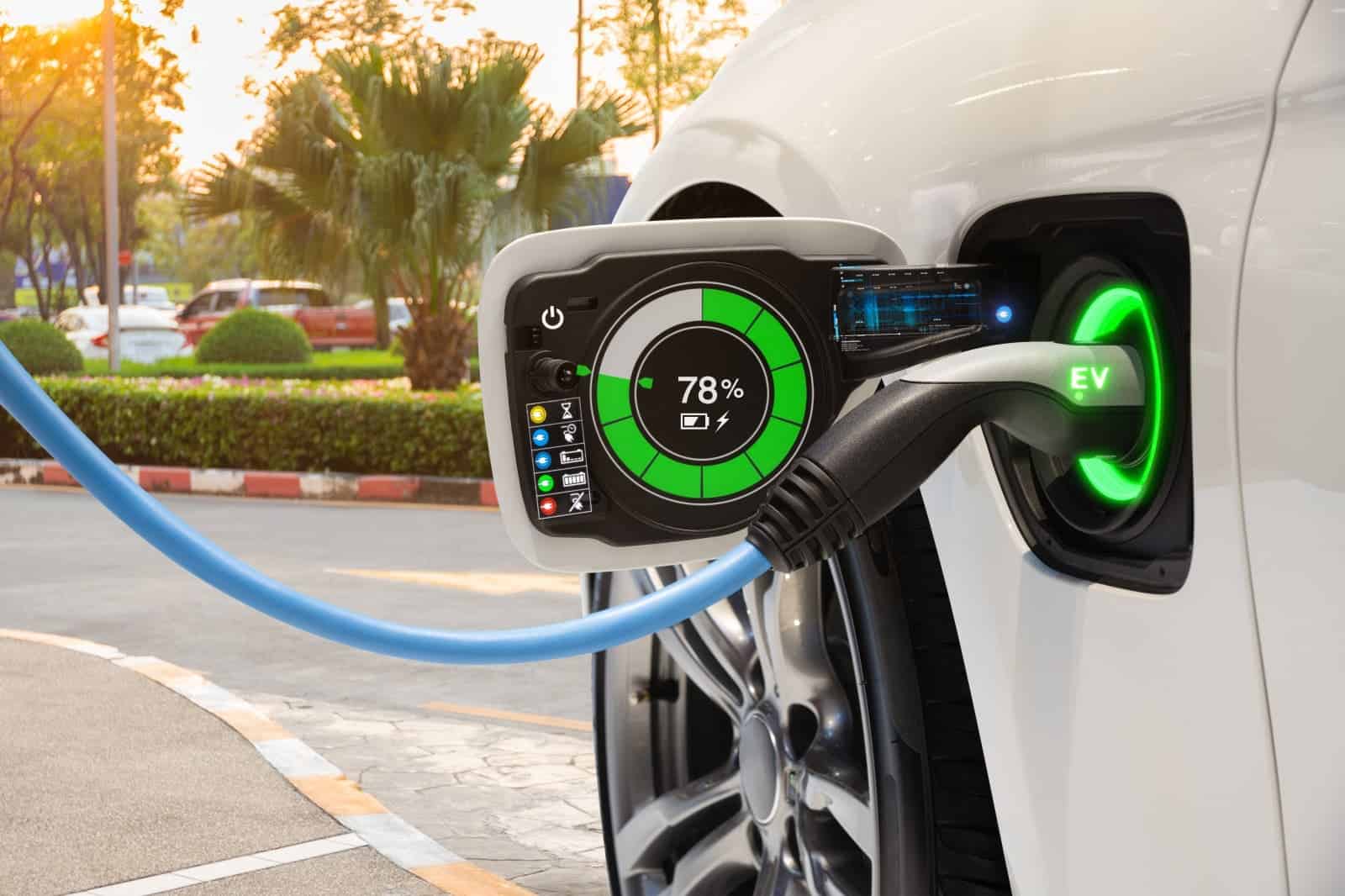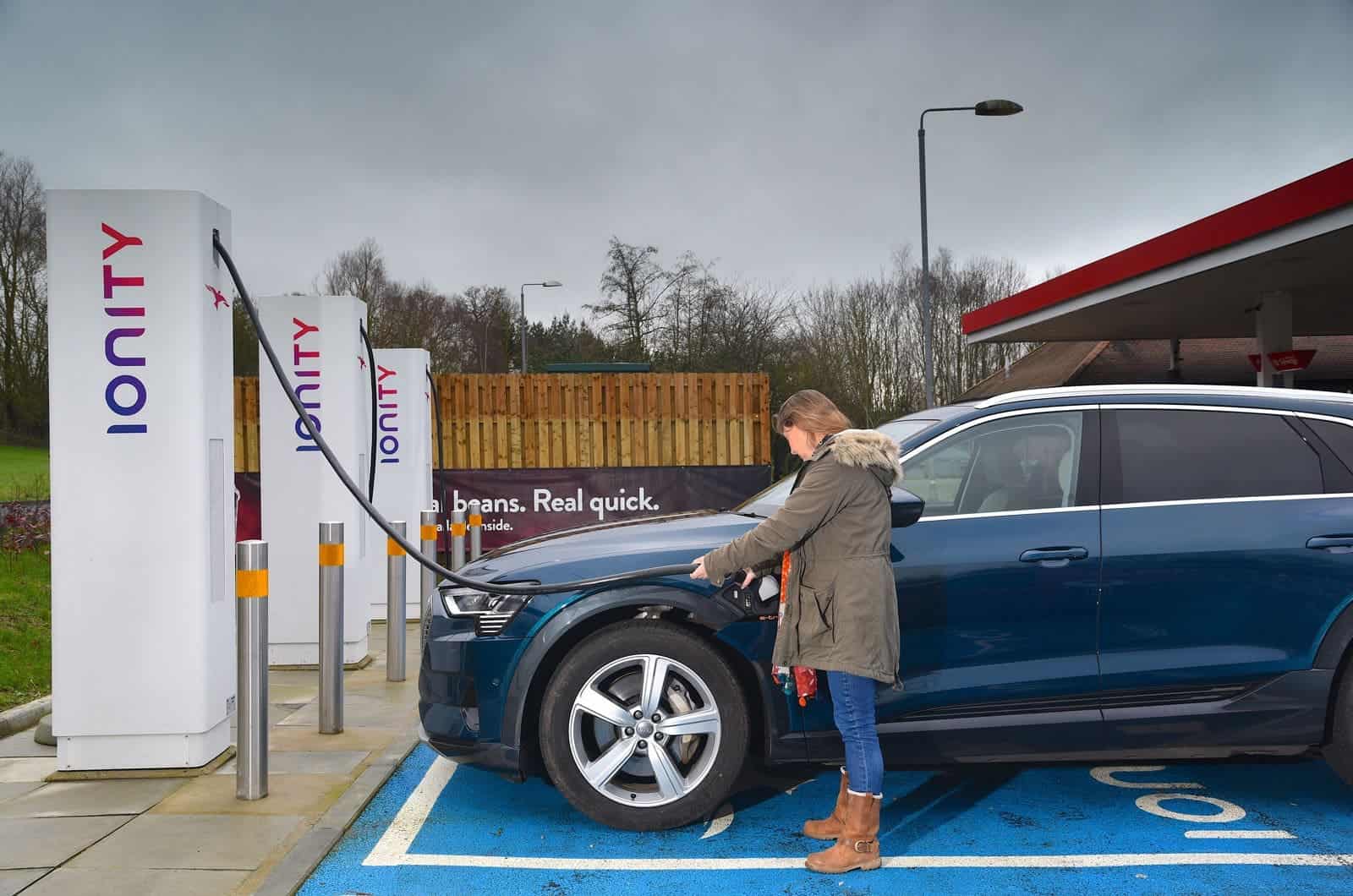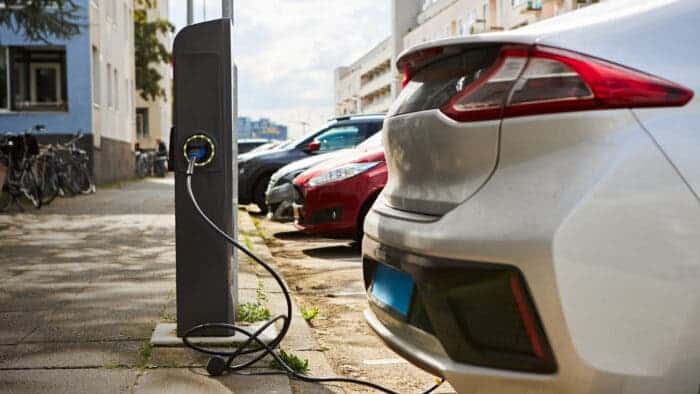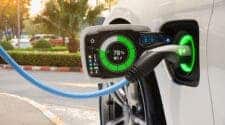Induction charging is a highly promising solution for electric car charging, as it requires no cables and delivers exceptional power. A team of researchers from Chalmers University in Sweden has developed an induction charging system capable of delivering up to 500 kW of power, enough to recharge an electric car battery in just a few minutes.
Charging is a significant challenge for the electric car market, which is growing at an unprecedented pace. In many countries, sales of electric cars exceeded those of diesel. But the number of charging stations is still growing slowly. Therefore, developing highly powerful charging systems is critical.
You will be able to wirelessly charge your electric car in just 10 minutes

A team of scientists from Chalmers University has developed a more practical solution, an induction charging system that is capable of delivering an incredible power of 500 kW without cables. This is a significant achievement, as the most efficient terminals currently in service only peak at 360 kW. The system is based on the use of silicon carbide semiconductors and operates at a frequency of 80 kHz. Which is higher than the conventional induction systems. The system also uses Litz wires made of individually insulated copper strands to compensate for the heat generated during recharging.
The induction charging system developed by Chalmers University is highly efficient, with only 1-2% of the energy generated being lost. Compared to the up to 50% losses suffered by conventional induction charging devices. However, the researchers are not yet planning to commercialize the technology for individual use, as it is not considered necessary. Instead, they plan to target industrial use, where the technology’s exceptional power and efficiency could make a significant impact.
Other companies and manufacturers are also exploring the potential of induction charging technology. Tesla hinted at the development of its induction charging device during its Investor Day on March 1, although no details have been released yet. Volvo tested the technology on its XC40 Recharge in March 2022. While London EV Company Limited (LEVC) partnered with Nissan to experiment with it.
The induction charging system is highly promising and could solve many of the challenges facing the electric car market. It is highly efficient, delivers exceptional power, and requires no cables, making it highly practical. However, the technology is not yet widely available, and the cost could be a limiting factor. Nevertheless, as the demand for electric cars continues to grow, the development of highly efficient charging solutions like induction charging will become even more critical.
Fast wireless charging is the upcoming revolution in the electric car industry

Gizchina News of the week
As the world continues to move towards renewable energy, electric cars have become increasingly popular. However, one of the biggest challenges facing electric car owners is the issue of charging. Fortunately, fast wireless charging is the upcoming revolution in the electric car industry that promises to change the game completely.
Wireless charging has been around for a while now. But it has only recently started gaining traction in the electric car industry. Fast wireless charging takes this technology to the next level by reducing charging times significantly. This means that electric car owners can now charge their cars quickly and conveniently. Making it easier for them to travel longer distances.
The traditional method of charging an electric car is through a charging station that requires the car to be physically plugged in. This process can take hours, which can be inconvenient for drivers who are in a hurry. With fast wireless charging, the process is much quicker and more convenient. The driver simply needs to park the car on a charging pad, and the car will start charging automatically.
One of the biggest advantages of fast wireless charging is that it eliminates the need for physical cords and plugs. Which can be cumbersome to handle. This makes the charging process much more convenient and user friendly. Which is essential for the widespread adoption of electric cars. Additionally, it reduces the risk of accidents that can occur when handling cords and plugs.
Another advantage of fast wireless charging is that it can be integrated into existing infrastructure easily. Charging pads can be installed in parking lots, garages, and even on streets. Making it more convenient for electric car owners to charge their cars while going about their daily routines. This infrastructure can also be scaled up easily as the demand for electric cars increases.
Fast wireless charging is also more efficient than traditional charging methods. This is because it uses resonant magnetic induction to transfer energy wirelessly between the charging pad and the car. This method is more efficient than traditional charging methods, which can lose energy as heat during the charging process.
As with any new technology, there are some challenges that need to be addressed before fast wireless charging becomes mainstream. One of the biggest challenges is the cost of the technology, which is currently higher than traditional charging methods. Additionally, some electric car models may not be compatible with fast wireless charging, which limits its usefulness.
In conclusion, fast wireless charging is the next revolution in the electric car industry. It promises to make charging electric cars more convenient, efficient, and user friendly. As the demand for electric cars continues to grow, fast wireless charging will become an essential component of the infrastructure needed to support these vehicles. With the right investments and technological advancements, fast wireless charging could revolutionize the way we think about electric cars and help us transition to a more sustainable future.


